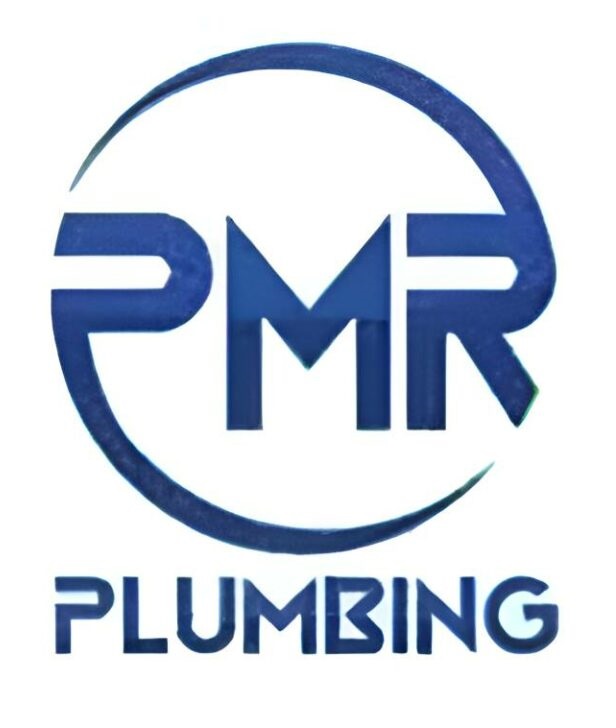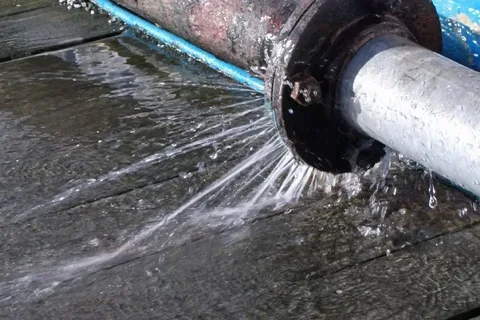Find out simple ways to spot plumbing scams and hire trusted plumbers. Protect your home with easy, practical advice anyone can follow.
Plumbing problems can be stressful, especially when they strike suddenly and require immediate attention. Unfortunately, this urgency can sometimes make homeowners vulnerable to plumbing scams. Unscrupulous plumbers may overcharge, recommend unnecessary repairs, or perform poor-quality work. Knowing how to spot and avoid these scams can save you money, frustration, and headaches.
This guide will walk you through everything you need to know to protect yourself from plumbing scams. We’ll cover common scam tactics, how to vet plumbers, what questions to ask, and how to prepare for plumbing jobs. Plus, you’ll find handy templates, checklists, and links to trusted resources.
What Are Plumbing Scams?
Plumbing scams refer to dishonest practices by some contractors aiming to take advantage of customers. They often target emergency situations when homeowners have little time to research or compare prices.
Common scams include:
- Inflated Pricing: Charging way more than the job is worth.
- Unnecessary Repairs: Suggesting fixes or replacements you don’t need.
- Low-Quality Materials: Using cheap parts that fail quickly.
- Incomplete Work: Starting a job and then demanding more money to finish.
- Fake Diagnoses: Claiming the problem is worse than it really is.
Understanding these tactics is the first step to avoiding them.
How to Spot a Plumbing Scam: Red Flags to Watch For
| Red Flag | What It Means | What You Should Do |
| Unlicensed Plumber | May not meet industry standards | Always check licenses before hiring |
| Demanding Full Payment Upfront | May run off or do incomplete work | Only pay after satisfactory completion |
| Pressure to Act Immediately | Rushes decision-making to trap you | Take time to get a second opinion |
| No Written Estimate | Avoids putting prices in writing | Always ask for a detailed, written estimate |
| Cash-Only Deals | Avoids paper trail | Use traceable payment methods |
| Poor Reviews or No Reviews | Past customers warn of bad service | Research online reviews and ratings |
Step-by-Step Guide: How to Hire a Trustworthy Plumber
Step 1: Do Your Research
Before you need a plumber, compile a list of local, licensed professionals. Use review sites like Angi, Better Business Bureau, and HomeAdvisor to check ratings and customer feedback.
Step 2: Verify Credentials
Confirm the plumber has:
- A valid plumbing license
- Proper insurance coverage
- Up-to-date certifications
You can verify licenses on state or local government websites.
Step 3: Ask for Multiple Quotes
Don’t settle for the first plumber you contact. Getting at least three written estimates helps you understand the market price and identify outliers.
Step 4: Get a Detailed Written Estimate
A good estimate should include:
- Breakdown of labor costs
- Price and brand of materials
- Estimated timeline
- Payment terms
Step 5: Review the Contract
Before work starts, ensure the contract specifies:
- Scope of work
- Total price or pricing method
- Warranty on labor and parts
- Cleanup and disposal plans
Step 6: Monitor the Work
Stay involved by asking questions and watching the progress. Don’t hesitate to ask for explanations about what’s being done.
Step 7: Don’t Pay Until Satisfied
Hold the final payment until the job is complete and you’re happy with the results. Never pay the full amount upfront.
How to Prepare for a Plumbing Job: Checklist for Customers
Use this checklist to stay organized and informed before the plumber arrives:
- Research and shortlist plumbers
- Check licenses and insurance
- Ask for references and read reviews
- Obtain written estimates from multiple plumbers
- Confirm the scope of work and timeline
- Understand payment terms
- Secure necessary permits if needed
- Clear the work area for access
- Ask about warranty on parts and labor
Common Plumbing Repairs & What They Should Cost
Here’s a quick reference table of typical plumbing repairs and average costs (note: costs vary by location):
| Repair Type | Average Cost (USD) | Notes |
| Fixing a Leaky Faucet | $100 – $300 | Depends on faucet type and part cost |
| Toilet Repair | $150 – $350 | Includes parts and labor |
| Drain Cleaning | $100 – $250 | Prices rise with severe clogs |
| Water Heater Repair | $200 – $600 | Depends on issue severity |
| Pipe Replacement | $300 – $1,000+ | Costs vary by pipe material and length |
Knowing these prices helps you avoid inflated charges.
How to Handle Emergency Plumbing Situations Without Getting Scammed
Emergencies leave little time to shop around, but you can still protect yourself:
- Turn off the water supply to prevent further damage.
- Ask friends or neighbors for immediate recommendations.
- Contact a plumber you trust from your pre-made list.
- Request a clear explanation and estimate before any work begins.
- Get a second opinion, if possible, before authorizing costly repairs.
Plumbing Scam Prevention Template: Questions to Ask Any Plumber
Use this template when talking to plumbers:
- Are you licensed and insured? Can I see proof?
- Can you provide references or reviews?
- What is your estimate for the job, including parts and labor?
- Do you provide a written estimate or contract?
- What brands and types of materials do you use?
- Is there a warranty on the work and materials?
- How long will the job take?
- When do you expect payment, and what methods do you accept?
- What is your policy if the repair doesn’t fix the problem?
- Can you explain the problem and your plan in simple terms?
Visual Element: Flowchart for Hiring a Plumber Safely
plaintext
CopyEdit
[Need Plumbing Help?]
|
v
[Research Licensed Plumbers]
|
v
[Get Multiple Written Estimates]
|
v
[Verify Credentials & Reviews]
|
v
[Ask Questions & Review Contract]
|
v
[Hire & Monitor Work]
|
v
[Make Payment After Completion]
Final Tips: Trust Your Gut, But Verify Everything
- Don’t be rushed into decisions.
- Get everything in writing.
- Avoid plumbers who won’t answer your questions clearly.
- Keep records of all communications and receipts.
- Consider getting a home warranty plan if you’re worried about future plumbing repairs.
Conclusion
Avoiding plumbing scams boils down to being informed and cautious. Knowing what to expect, asking the right questions, and doing your homework before hiring a plumber protects your wallet and peace of mind. Plumbing emergencies can be overwhelming, but with the right preparation and trusted contacts, you can handle any situation confidently and avoid costly scams.
If you want, I can also help you craft a downloadable Plumbing Scam Prevention Checklist or a Sample Contract Template; just let me know!
FAQs About Avoiding Plumbing Scams
1. How can I verify if a plumber is licensed and insured?
You can check your state or local government’s licensing board website to verify a plumber’s license status. Many states have online databases where you enter the plumber’s name or license number. Also, ask the plumber directly to provide proof of insurance and licensing before hiring.
2. What should I do if a plumber asks for full payment upfront?
It’s best to avoid paying the full amount upfront. A reputable plumber will usually require a deposit or partial payment but will expect full payment only after the job is completed satisfactorily. Always get a written contract detailing payment terms.
3. How many quotes should I get before hiring a plumber?
Getting at least three written estimates helps you compare prices and services fairly. This reduces the chance of overpaying or hiring a scammer who charges excessively.
4. What are common signs that a plumbing repair is unnecessary?
If a plumber recommends expensive repairs without showing clear evidence or explaining the problem simply, be cautious. Ask for a second opinion, especially if the job involves replacing major fixtures or pipes.
5. Can I handle minor plumbing repairs myself to avoid scams?
Yes, some simple repairs like fixing a leaking faucet or unclogging a drain can be done with basic tools and tutorials online. However, for complicated issues involving pipes or water heaters, it’s safer to hire a licensed professional.



